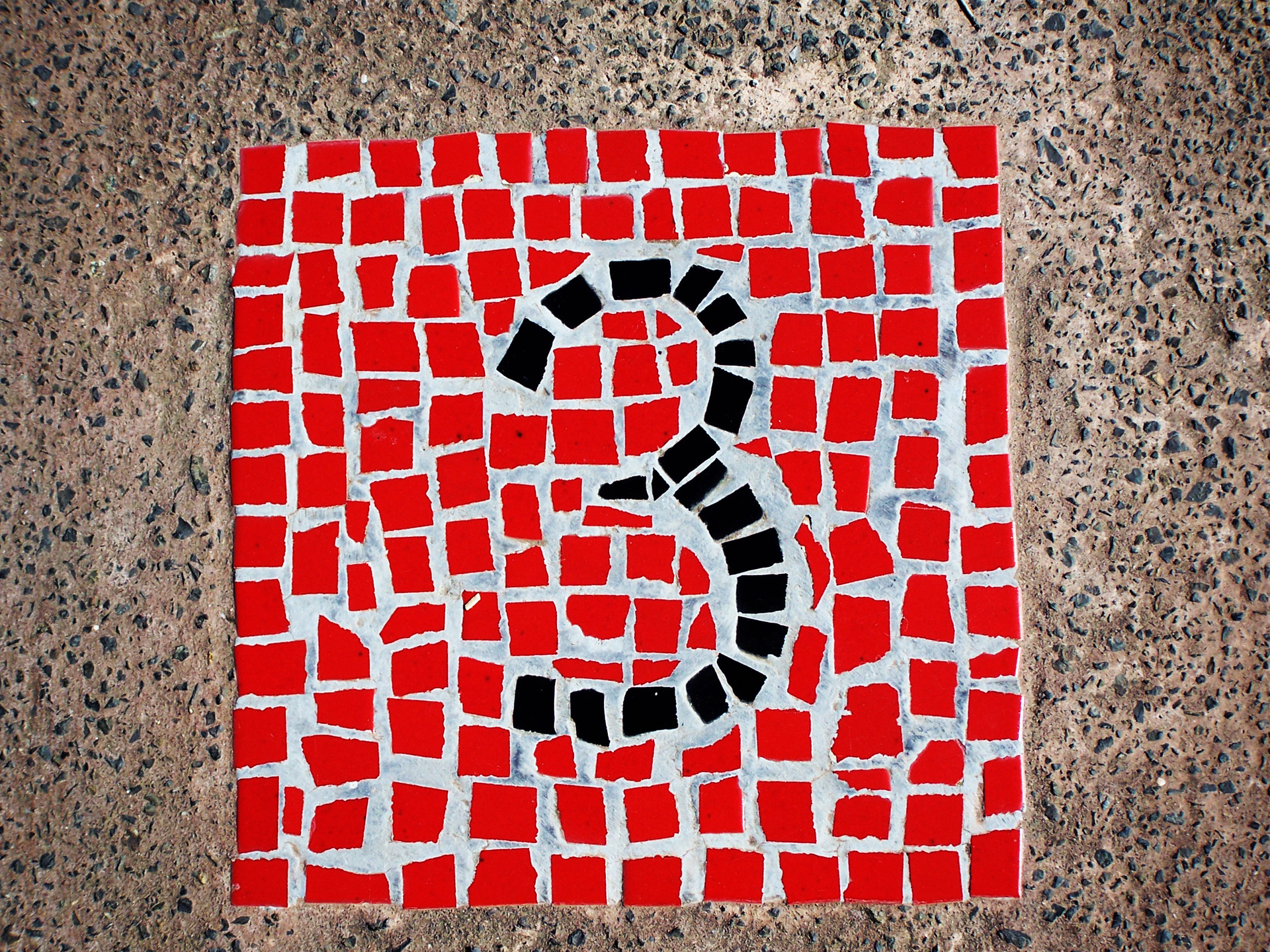Over the last 16 years I’ve learned a lot about how to negotiate effectively and I’ve discovered that certain tools make it easier for me to negotiate a deal successfully.
If you’re getting ready to tackle a negotiation, here are some of the tools I’ve found most helpful for making negotiations successful and stress-free.
A Daily Journal
By having one place to keep all the details of my work life — notes from conversations, brainstorming sessions and project planning — I spend a lot less time collecting the information I need to prepare for a negotiation. Almost everything I need is in my journal. It also makes it easy to confirm whether the other side actually made the offer they claim they did in our last phone call.
I’ve found that the Bullet Journal is an especially good system for negotiation because of its approach to indexing and focus on breaking a project down into achievable parts. Regardless of what system you use, make sure you’re consistently capturing what happens in your conversations with the people you negotiate with.
A Whiteboard
When I prepare for a negotiation, my very favorite place is a large room with a big whiteboard. I take my journal, review all the pages that are relevant to the negotiation, and then write everything I know and think about the negotiation on the whiteboard. Seeing all of the information in one place helps me make connections I might otherwise miss. It also helps me realize what I don’t know and what I need to find out before the negotiation starts.
If you don’t have access to a room with a nice big whiteboard, mind mapping software can be a decent substitute. I’ve used Scapple (by the same folks who make Scrivener) and recently came across this nice review of different mind-mapping apps.
Video Conferencing Software
So much communication is lost in email. Being able to see and hear the other person, or at the very least make sure you’re looking at the same language in a contract when you’re negotiating, is invaluable. I always try to negotiate in person when I can. When I can’t, video conferencing software can provide a lot of the same benefits.
If video eats up too much bandwidth, I recommend using a system that allows screen sharing. Lucid Meetings (a client of mine) is a nice solution that comes with template agendas to keep your conversations productive and on track. I’ve also found UberConference a good “in a pinch” solution.
Katie Lane is an attorney and negotiation coach in Portland, Oregon, helping artists and freelancers protect their rights and get paid fairly for the work they do. You can read her blog at WorkMadeForHire.net and follow her on Twitter: @_katie_lane.




